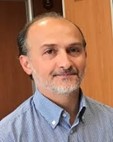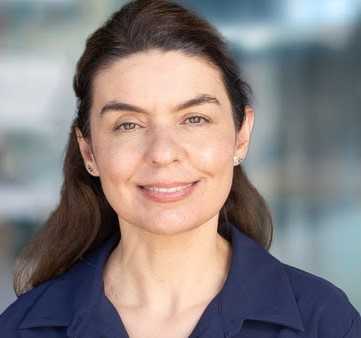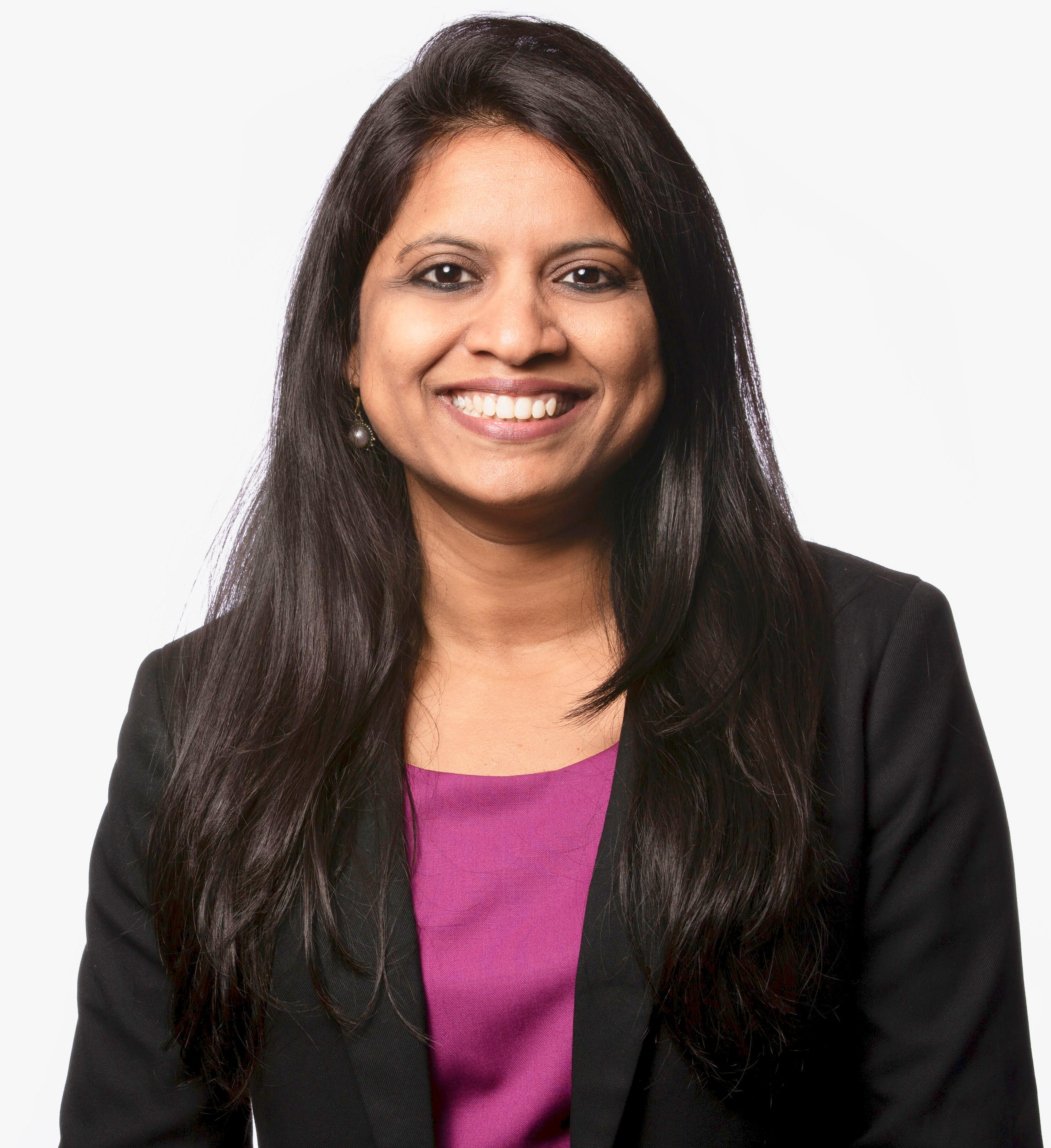 Professor Giancarlo Fortino
Professor Giancarlo Fortino
University of Calabria, Italy
Title: Integrating Machine Learning and Multi-Agent Systems for Fully Enabling Device-Edge-Cloud Continuum in Complex IoT Worlds
Abstract:
Recently the device-edge-cloud paradigm is gaining momentum due to the benefits
it could provide for the development of highly effective, efficient, and complex IoT ecosystems of diversified scale. However, there
are many issues related to unsupervised control aspects that need to be addressed in order to fully realize the approach and make it
fully operative in real complex environments. In order to address such issues, in this talk, we propose an holistic integration of
machine learning and multi-agent systems to create a data-driven control architecture capable to autonomically monitor and control
the device-edge-cloud continuum. This objective is being developed in the context of the Horizon Europe project named MLSysOps
(https://mlsysops.eu/). Some use cases will be proposed to elucidate our current findings.
Biography:
Giancarlo Fortino (IEEE Fellow 2022) is Full Professor of Computer Engineering at the Dept of
Informatics, Modeling, Electronics, and Systems of the University of Calabria (Unical), Italy.
He received a PhD in Computer Engineering from Unical in 2000. He is also distinguished
professor at Wuhan University of Technology and Huazhong Agricultural University (China),
high-end expert at HUST (China), senior research fellow at the Italian ICAR-CNR Institute,
CAS PIFI visiting scientist at SIAT – Shenzhen, and Distinguished Lecturer for IEEE Sensors
Council. At Unical, he is the Rector’s delegate to Int’l relations, the chair of the PhD School in
ICT, the director of the Postgraduate Master course in INTER-IoT, and the director of the
SPEME lab as well as co-chair of Joint labs on IoT established between Unical and WUT, SMU
and HZAU Chinese universities, respectively. Fortino is currently the scientific responsible of
the Digital Health group of the Italian CINI National Laboratory at Unical. He is Highly Cited Researcher 2020-2022
in Computer Science by Clarivate. Currently he has 20 highly cited papers in WoS, and h-index=75 with 20500+
citations in Google Scholar. His research interests include wearable computing systems, e-Health, Internet of Things,
and agent-based computing. He is author of more than 600 papers in international journals, conferences and books. He is (founding)
series editor of IEEE Press Book Series on Human-Machine Systems and EiC of Springer Internet of Things series and
AE of premier international journals such as IEEE TASE (senior editor), IEEE TAFFC-CS, IEEE THMS, IEEE T-AI, IEEE
IoTJ, IEEE SJ, IEEE JBHI, IEEE SMCM, IEEE OJEMB, IEEE OJCS, Information Fusion, EAAI, etc. He chaired
many int’l workshops and conferences (120+), was involved in a huge number of int’l conferences/workshops (500+)
as IPC member, is/was guest-editor of many special issues (75+). He is cofounder and CEO of SenSysCal S.r.l., a
Unical spinoff focused on innovative IoT systems, and recently cofounder and vice-CEO of the spin-off Bigtech S.r.l,
focused on big data, AI and IoT technologies. Fortino is currently member of the IEEE SMCS BoG and of the IEEE
Press BoG, and former chair of the IEEE SMCS Italian Chapter.
 Professor Eirini Ntoutsi
Professor Eirini Ntoutsi
Bundeswehr University Munich (UniBw-M), Germany
Title: Bias and Discrimination in AI Systems: From Single-Identity Dimensions to Multi-Discrimination
Abstract:
AI-driven decision-making has become pervasive in various aspects of our lives, impacting everyone, everywhere, at any time. However, concerns have arisen regarding the discriminatory effects of AI, as evidenced across diverse domains like content recommendation, healthcare, predictive policing, and autonomous driving.
The field of fairness-aware machine learning aims to address bias and discrimination in AI/ML models, but most existing approaches focus on discrimination related to a single protected attribute, such as gender or race. In reality, human identities are multi-dimensional, and discrimination can arise from multiple protected characteristics, for example a combination of gender, race and age. In this talk, I will explore fairness and discrimination in supervised learning for tabular data, progressing from traditional single-attribute discrimination to addressing the complexities of multi-dimensional discrimination.
Biography:
Eirini Ntoutsi is a full professor for Open Source Intelligence at the Bundeswehr University Munich (UniBw-M) and Research Institute for Cyber-Defence and Smart Data (CODE) where she is leading the AIML lab (aiml-research.github.io), since August 2022. Prior to that, she was a full professor for Artificial Intelligence at the Free University Berlin (FUB). Before that she was an associate professor of Intelligent Systems at the Leibniz University of Hanover (LUH); she remains a member of the L3S Research Center. Prior to joining LUH, she was a post-doctoral researcher at the Ludwig-Maximilians-University (LMU) in Munich, Germany in the group of Prof. H.-P. Kriegel. She joined the group as a post-doctoral fellow of the Alexander von Humboldt Foundation. She holds a PhD in Data Mining/Machine Learning from the University of Piraeus, Greece and a master and diploma in Computer Engineering and Informatics from the University of Patras, Greece. Her research interests lie in the areas of Artificial Intelligence (AI) and Machine Learning (ML) where she develops intelligent algorithms that learn from data continuously following the cumulative nature of human learning, while ensuring that what is being learned helps driving positive societal impact.
 Dr. Dofe Jaya
Dr. Dofe Jaya
Computer Engineering Department, California State University, Fullerton, California, USA
Title: Exploring the Synergy of 3D Integration and Hardware Security
Abstract:
As the demand for increased transistor density and performance in integrated circuits (ICs) continues to surge, three-dimensional (3D) integration has emerged as a promising technology. By moving beyond traditional two-dimensional (2D) chips, 3D integration unveils new avenues for computing platforms, including high-performance processors and enhanced computation density. This innovative technology offers advantages such as reduced package size, lower power consumption, improved bandwidth, and enhanced computation density. However, like a double-edged sword, 3D integration also brings unique and unexplored challenges in managing the security of 3D ICs.
This keynote address delves into the novel opportunities presented by 3D integration for security mechanisms. It explores how this technology can be leveraged to strengthen hardware security, enabling robust protection against evolving threats. Additionally, it sheds light on the potential security vulnerabilities that may arise in 3D ICs, emphasizing the need for careful consideration and proactive measures to address them.
Biography:
Dr. Dofe received a Master of Science and Ph.D. in Electrical and Computer Engineering from the University of New Hampshire, New Hampshire, USA, in 2015 and 2018, resp. She is an assistant professor in the computer engineering department at California State University, Fullerton, California, USA. Her research focuses on hardware security, including design obfuscation, side-channel analysis of encryption algorithms, fault attack analysis, and emerging technologies, including 3D hardware security. She is also interested in engineering education research on active learning and equitable pedagogy. Dr. Dofe is guest editor of the Special Issue "3D Technology for Hardware Security: Opportunities and Challenges" of the Electronics journal. She is a technical committee member of IEEE conferences SOCC, ISVLSI, iSES, VDAT, and VDEC. She chaired three panels for women in the engineering forum at the 7th IEEE International Symposium on Smart Electronic Systems. She was a program chair for the Workshop for Women in Hardware and Systems Security (WISE) in 2020 and 2022. She is a reviewer for several prestigious conferences and journals.
 Dr. Sandra Sendra
Dr. Sandra Sendra
Polytechnic University of Valencia, Spain
Title: Digital Transition in Precision Agriculture
Abstract:
Digital agriculture is revolutionizing the global agricultural sector, aiming to optimize productivity, enhance competitiveness, and mitigate the negative effects on the environment. Precision agriculture, on one hand, is increasingly being adopted in larger areas, while the process of digital transition involves monitoring crops and incorporating artificial intelligence and other technologies to enable more efficient management practices. Therefore, it is crucial to showcase the manifold benefits of digitalization to farmers, ensuring the development of a sustainable and competitive agricultural sector. Furthermore, obtaining accurate and up-to-date information about farming sites offers significant advantages to researchers, the educational community, and even promotes the emergence of agricultural tourism.
This speech aims to explore diverse approaches that facilitate the adoption of digitalization in agriculture. Disruptive technologies such as Low Power Wireless Area Networks (LPWAN) can be combined with other established short-range wireless technologies within a heterogeneous network. Additionally, the integration of multispectral images, 3D point-cloud maps, and AI-powered algorithms capable of processing massive amounts of data (AI and Big Data) can create a comprehensive system that enhances vital aspects such as the sustainability of agricultural activities, reduction in the utilization of natural resources, and increased public awareness of these issues. The exchange of knowledge between farmers and experts will yield valuable recommendations to support their transition to more ecologically sustainable farming practices.
Biography:
Dr. Sandra Sendra (sansenco@upv.es) received her degree of Technical Engineering in Telecommunications in 2007. She received her M.Sc. of Electronic Systems Engineering in 2009 and her Ph.D. in electronic engineering (Dr. Ing.) in 2013. Currently, she is an associate professor at the Polytechnic University of Valencia (Spain) and academic director of a Bachelor’s Degree in the same university. She is Cisco Certified Network Associate Instructor since 2009 and HP-ATA instructor since 2015. She is chair of the Membership development section inside the IEEE Spain Section for the term 2022-2023 and she has been vocal inside the IEEE Spain Section for the term 2020-2021, and active member inside the IEEE WIE Spain for the term 2016-2018. She has authored 6 book chapters and 2 books. She has more than 170 research papers published in national and international conferences, and international journals (more than 65 with JCR – Impact index Clarivate Analytics). She has been the co-editor of 10 conference proceedings and guest editor of several international journals. She has been involved in more than 120 Program committees of international conferences, and more than 50 organization and steering committees. She has been involved in 18 research projects related to the development of a WSN for environmental monitoring. She has been the general chair (or co-chair) of 4 International conferences. Her research interests, but no limited, include saving energy techniques in electronic circuits, sensor deployment, WSN, UWSN and the application of these technologies for environmental monitoring.
|






